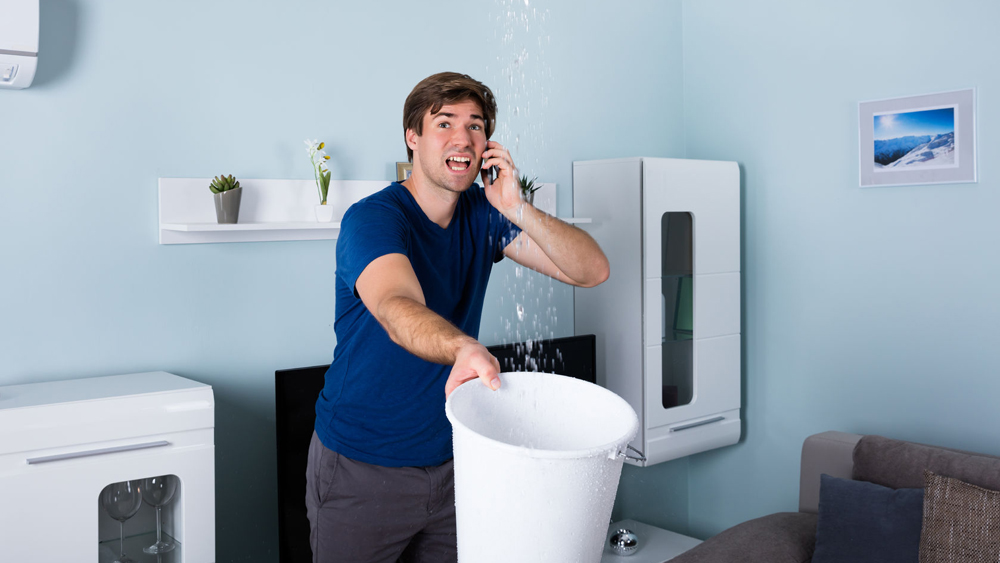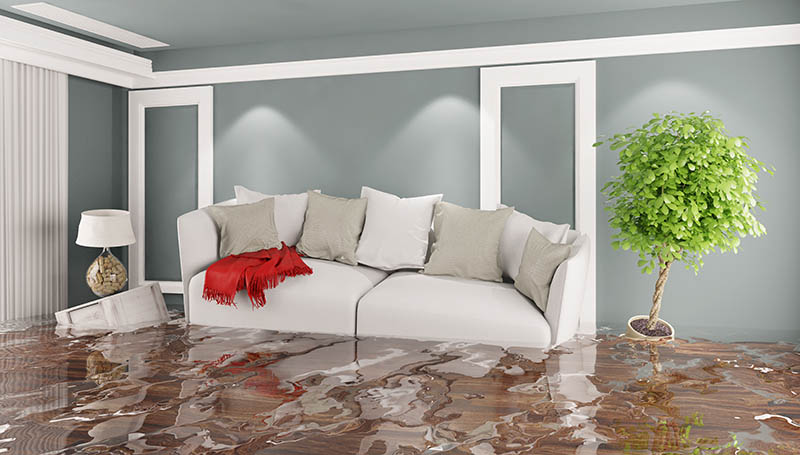Tips for the Six Most Common Causes of Water Leaks in Homes
Tips for the Six Most Common Causes of Water Leaks in Homes
Blog Article
Just how do you actually feel about How to detect water leaks in your home?

Leakages not only cause waste of water yet can likewise cause unneeded damages to your home and also promote undesirable natural growth. By understanding and also looking for day-to-day circumstances that create leaks, you can protect your residence from future leakages and unneeded damage.
Intruding roots
The majority of water leakages start outside your house rather than inside it. If you see an unexpected decline in water pressure, state in your tap, take time to head out and analyze your yard. You could notice damp patches or sinkholes in your lawn, and that may suggest that tree roots are attacking water lines creating water to seep out. You can have your plumber look for breach, particularly if you have trees or hedges near your residential property.
Rusty water supply
This could be the cause of discoloration or warping on your water pipes. If our plumbing system is old, think about replacing the pipes considering that they are at a greater threat of deterioration than the newer designs.
Malfunctioning Pipeline Joints
The point at which your pipelines link is often the weakest link in the waterline. Pipeline joints can deteriorate in time, leading to water leaks. Regrettably, most of pipeline joints are not quickly noticeable. If you have loud pipes that make ticking or banging sounds, especially when the warm water is switched on, your pipeline joints are probably under a lot of stress. It is advisable to have your plumber inspect your system annually.
Immediate temperature adjustments.
Severe temperature adjustments in our pipelines can create them to increase and also get unexpectedly. This growth and contraction might create fractures in the pipes, especially if the temperature level are below freezing. It would be best if you kept an eye on how your plumbing works. The presence of the formerly stated conditions regularly shows a high threat.
Poor Water Connectors
At times, a leak can be brought on by loose hoses and also pipes that provide your devices. Generally, moving is what triggers the loose water Connections. You could locate in the case of a cleaning device, a hose might spring a leakage because of drinking during the spin cycle. In case of a water links leak, you might observe water running straight from the supply line or pools around your appliances.
Blocked Drains
Blocked drains pipes may be bothersome as well as inconveniencing, but they can occasionally end up triggering an overflow resulting in break pipes. Maintain removing any materials that might decrease your drains pipes that could clog them to avoid such hassles.
All the above are sources of leaks however not all water leakages result from plumbing leakages; some leaks could come from roof leaks. All leakages ought to be fixed immediately to stay clear of water damage.
Leakages not only trigger waste of water but can additionally trigger unnecessary damages to your residence as well as promote unwanted natural growth. By looking and also comprehending for daily scenarios that create leakages, you can protect your home from future leaks and also unnecessary damage. Today, we will look at six leak triggers that may be triggering your pipes to drip.
At times, a leak can be caused by loose hose pipes as well as pipes that supply your devices. In case of a water connections leak, you might see water running straight from the supply line or pools around your devices.
How To Check For Water Leak In Your Home
How To Check for Leaks
The average household's leaks can account for nearly 10,000 gallons of water wasted every year and ten percent of homes have leaks that waste 90 gallons or more per day. Common types of leaks found in the home are worn toilet flappers, dripping faucets, and other leaking valves. These types of leaks are often easy to fix, requiring only a few tools and hardware that can pay for themselves in water savings. Fixing easily corrected household water leaks can save homeowners about 10 percent on their water bills.
To check for leaks in your home, you first need to determine whether you're wasting water and then identify the source of the leak. Here are some tips for finding leaks:
Take a look at your water usage during a colder month, such as January or February. If a family of four exceeds 12,000 gallons per month, there are serious leaks.
Check your water meter before and after a two-hour period when no water is being used. If the meter changes at all, you probably have a leak.
Identify toilet leaks by placing a drop of food coloring in the toilet tank. If any color shows up in the bowl after 10 minutes, you have a leak. (Be sure to flush immediately after the experiment to avoid staining the tank.)
Examine faucet gaskets and pipe fittings for any water on the outside of the pipe to check for surface leaks.
Undetected water leaks can happen without the home or business owner even realizing. If you suspect a water leak, but not able to find the source. It is time to contact a professional water leak detection service, The Leak Doctor.
How To Find a Water Leak In Your Home
https://www.leakdoctor.com/blog/How-To-Check-For-Water-Leak-In-Your-Home_AE197.html

I was shown that article about How to detect water leaks in your home from a good friend on our other domain. Be sure to set aside a second to distribute this entry if you enjoyed it. We take joy in reading our article about How to detect water leaks in your home.
Visit My Web Page Report this page